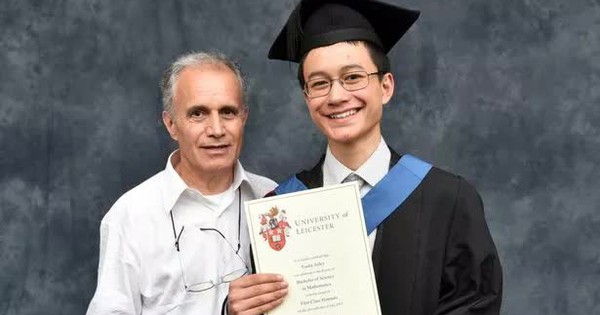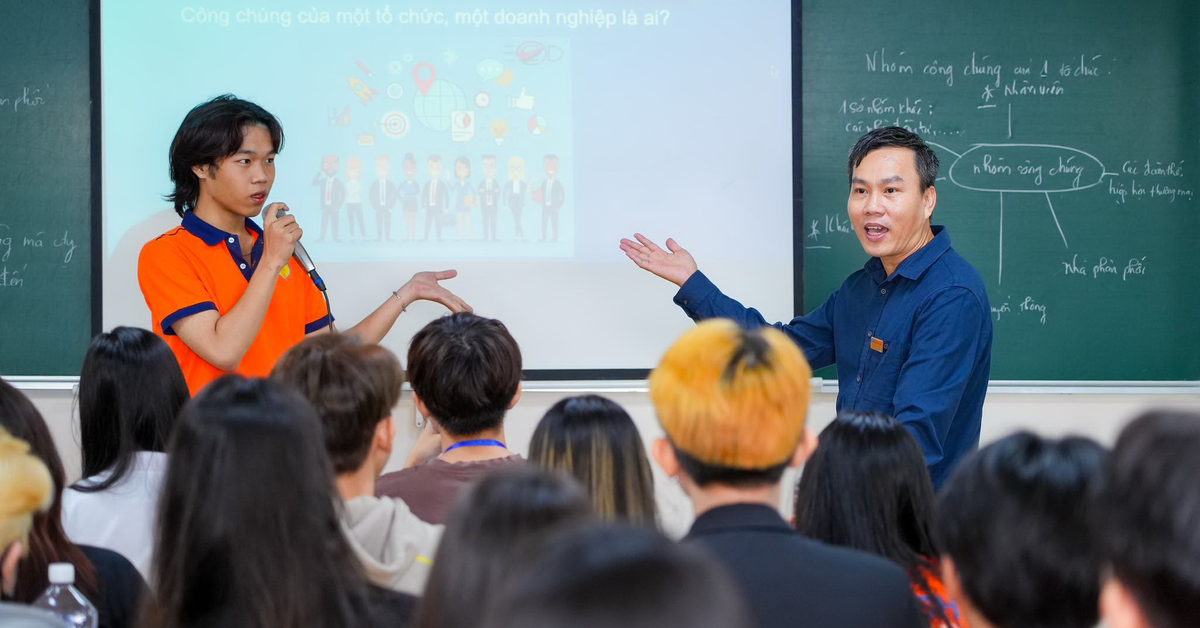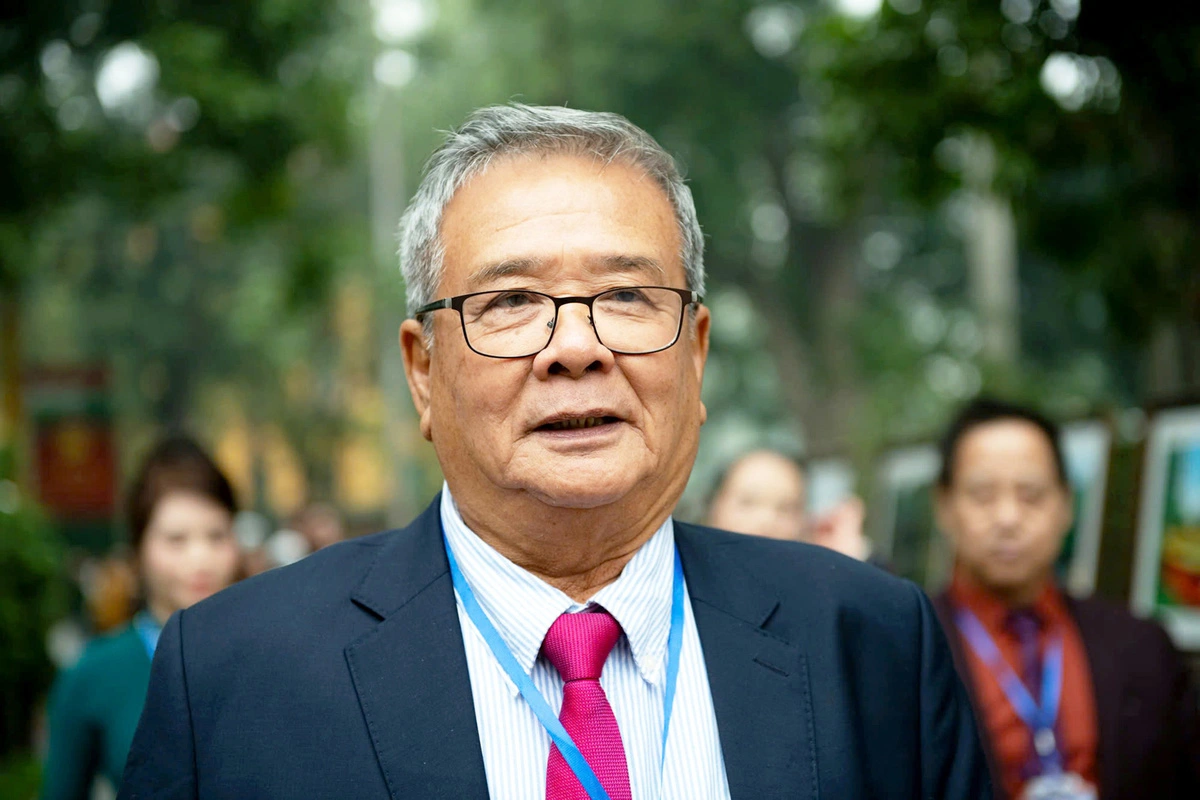EGYPT - Despite teaching English for more than 150 years, Egypt still has low English proficiency levels as the gap between teaching and people's practical application is quite large.
English education in Egypt dates back to the first half of the 19th century. Political and social upheavals strongly influenced the position of English as a foreign language in Egyptian schools.
The occupation of major empires “introduced” waves of languages such as French, English, Turkish, Persian and Italian into the North African country's education system.

The Ottoman Empire ruled Egypt from the 16th century and introduced Turkish into government institutions. Later, the French invasion (1798-1801) made French the main language of the intelligentsia.
After the British occupation of Egypt in the 1880s, English gradually replaced Turkish as the second most widely taught foreign language, while French remained the leading language until English became completely dominant in the early 20th century.
English is not widely accepted by the population and is often seen as a symbol of colonial oppression.
However, Egyptian attitudes towards English have gradually changed, from seeing it as "a necessary but reluctant commodity during the British colonial period" to "an essential tool for educational, economic and social advancement", according to Imhoof's research published in the University of Cambridge's English around the World magazine (UK).
Since then, English has become the official foreign language taught in Egyptian schools. Today, English is a compulsory subject from primary school to high school.
Low level paradox
The Egyptian Constitution, especially the 2014 version, designates Arabic as the country's official language. Although not recognized in the Constitution, English holds an important place in many aspects of the country.
Despite its long history and widespread teaching, English proficiency in Egypt remains low, especially when compared to global standards.
Many factors contribute to this situation, the main one being the quality of teaching. Teaching methods in public schools often rely heavily on rote memorization and grammar, limiting real-life communication skills.
In many cases, teachers focus on Reading and Writing while speaking and listening skills are given little attention. This approach limits students' ability to use English effectively in real-life situations.
Traditional teaching methods are hampered by a lack of resources. Public schools, where the majority of Egyptian students attend, are often overcrowded, have outdated textbooks, and lack access to modern teaching tools.
According to a report by the American University in Cairo (AUC), about 75% of Egyptian students have to study in classes of more than 40 students or attend schools that apply a multi-shift system.
As a result, many parents have sent their children to private schools to overcome these shortcomings. Private school students now account for 10.6% of Egypt's total student population - an estimated 23.3 million in 2019-20, according to Enterprise Press.
These schools are not part of the Egyptian Ministry of Education but are supervised by the Ministry and most of them offer students an intensive English language program starting from kindergarten.
Currently, the Egyptian Ministry of Education has implemented a series of policy reforms to improve the quality of English language teaching in public schools to create opportunities for students to access English education more effectively. However, progress has been slow and unclear.
Egypt ranks only 83rd out of 113 countries and territories in the 2023 EF English Proficiency Index (EF EPI), with a score of 463 and is in the "low proficiency" group.

Source: https://vietnamnet.vn/nghich-ly-quoc-gia-day-tieng-anh-hon-150-nam-nhung-trinh-do-rat-thap-2341213.html




























































Comment (0)